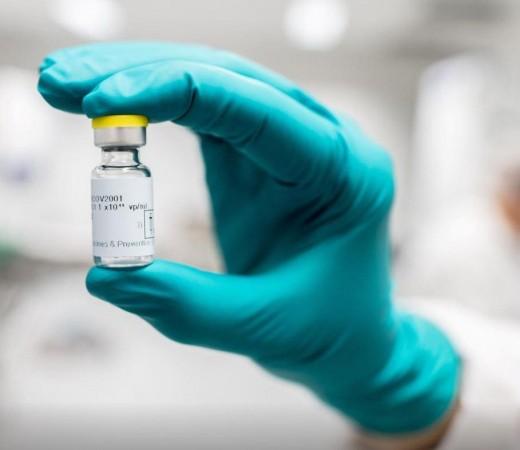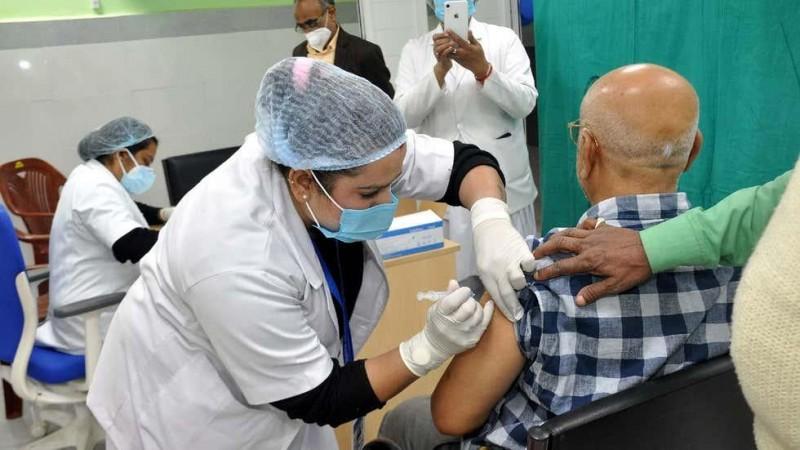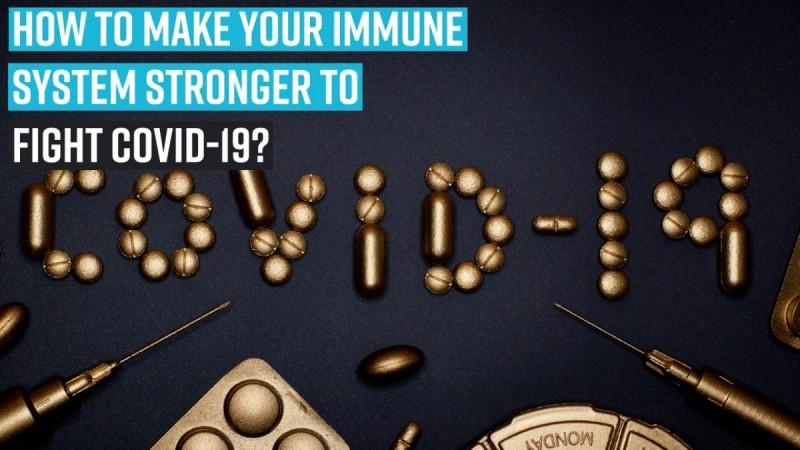The Covid-19 vaccination has had to undergo scrutiny, resistance and now misinformation. By now, India has administered 13 crore Covid-19 vaccine doses. Many of those who developed mild reactions after the first jab have found themselves exchanging notes with those who did not have any side effects at all.

With the latest assessment of third clinical trial numbers in, researchers are getting a much clearer picture of Covid vaccine shots. Many recipients experienced mild side effects like low grade fever, mild body aches, fatigue, headache or arm soreness, while some experienced no side effects at all. Both are completely normal.
Adverse reactions like Gregory Poland case

Gregory Poland, 65, a physician and vaccine researcher at the Mayo Clinic in Rochester, Minnesota developed uncontrollable shaking, severe chills and also experienced the very rare symptom of ringing in the ear following his booster dose of the Moderna vaccine. He later admitted to never having a reaction like that to any vaccine.
Johnson and Johnson's one-shot vaccine has been paused after half a dozen women developed severe blood clots as a side effect. As per the data made available, close to seven million people in the US have got this vaccine, but the vaccine has been paused after reports of six women developing blood clots surfaced. One woman died while the other is critical. The incident of a blood clot is very rare but an investigation by the CDC is on.
Why do reactions happen?
In several interviews Gregory Poland has explained, "Vaccine reactions are evidence of something going right." That does not mean something is going wrong. Vaccine reactions happen because your immune system is active and responding to an antigen. The first dose of the vaccine introduces the antigen to the system, it helps the immune system recognise a pathogen like SARS-Cov-2 and the body starts making anti—bodies against that antigen.

Are some groups more likely to develop reactions?
Yes. Younger adults across the board are developing more side effects and reactions from Covid-19 vaccines. Simply because they have more robust immune systems.
Between men and women, women are also reporting more side effects than men for the same reason. It is proven that more immune genes are located on the X chromosome and since women have two of the X chromosomes, they have stronger immune systems.
Why do the reactions differ?
Pfizer, Sputnik, Johnson & Johnson, Covaxin and Covishield -- by now every layman's pharmaceutical vocabulary has increased and along with it, Covid vaccine terminology. Side effects across these vaccines are very similar and can be further divided into local or systemic. Local side effects include soreness of arm, redness, swelling, tenderness where you get the shot. While systemic side effects are the way the immune system reacts to the vaccine.
The side effects vary more from person to person than from vaccine to vaccine. Simply explained, we all have different reactions because we all have different immune systems. Overactive immune systems release more immune signals and chemicals (cytokines and chemokines). The release of these chemicals is what alerts our bodies to the threat.
Can anything be done, pro or post vaccine, to reduce the side effects
Vaccinologists have applied the basic logic and science there. All the things that contribute to a healthier immune system, hydration, enough sleep, and a nutrition-rich diet are what are recommended before a vaccine.
It is imperative that no two vaccine doses are taken at the same time and strictly advisable to avoid taking pain killers before getting the jab as that will divert body's immune response.
No side effect at all doesn't mean vaccine is not working
If getting mild side effects is a good thing, that doesn't automatically translate to no side effects being a bad thing. As per clinical trials and data, vaccines have been shown to be effective up to 90 percent at preventing Covid-19 across the board whether people did or didn't have reactions.









!['Had denied Housefull franchise as they wanted me to wear a bikini': Tia Bajpai on turning down bold scripts [Exclusive]](https://data1.ibtimes.co.in/en/full/806605/had-denied-housefull-franchise-they-wanted-me-wear-bikini-tia-bajpai-turning-down-bold.png?w=220&h=138)



